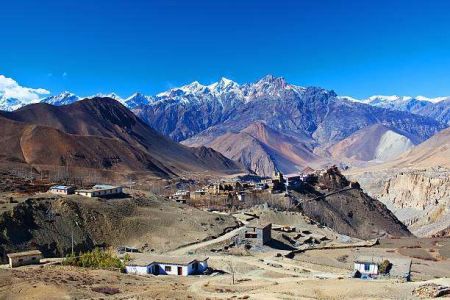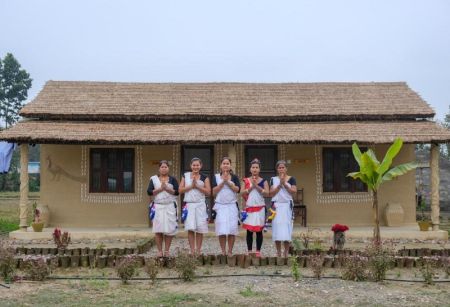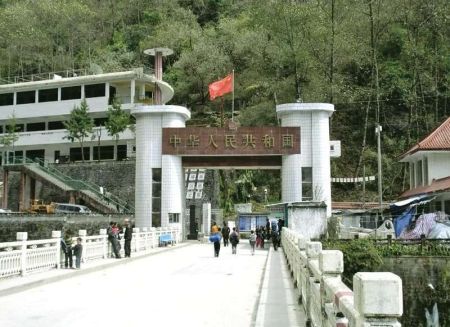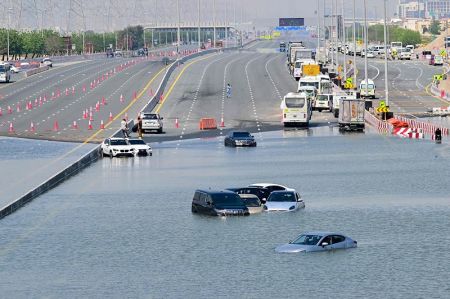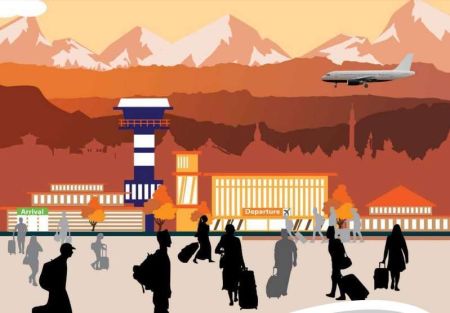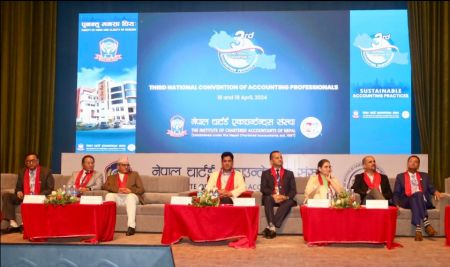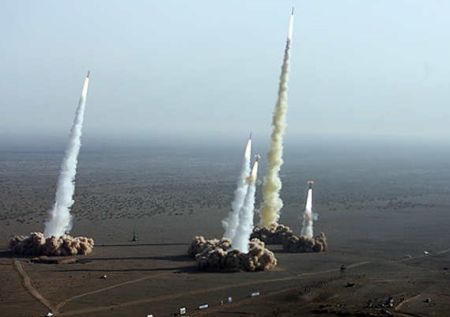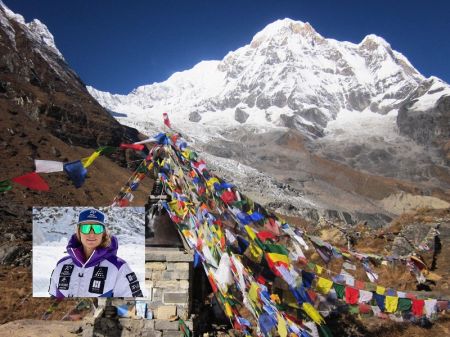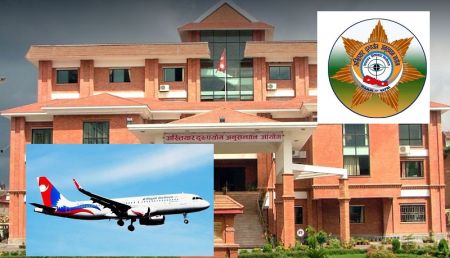May 13: The United Nations World Food Programme (WFP) has announced to shift its support from in-kind food assistance to distributions of cash to refugees from Bhutan located in Nepal starting from mid-2018 in line with the refugees’ preference.
In June 2018 there will be a shift towards the so-called “basic needs approach” which will ensure WFP’s continued support through 2018 for all Bhutanese refugees residing in the camps. Under this approach, especially vulnerable refugees, as defined by the United Nations High Commission for Refugees (UNHCR) (for example the elderly, those with disabilities, and vulnerable female headed households), will receive a cash entitlement equivalent to the full food ration, whereas other refugees will receive the cash equivalent of their current ration, WFP said in a recent statement.
WFP will provide the cash equivalent to the full rations (US$ 13 per person per month) to around 1,000 refugees deemed especially vulnerable, enabling them to purchase food of their choice in local markets. (This would add up to the 15 kilograms full ration, composed of a daily ration of 440 grams of rice, 90 grams of varied pulses and 25 grams of vegetable oil and equivalent of 2,100 calories per person per day). All other refugees will receive the cash equivalent to the in-kind reduced ration of 10 kg of rice per month (US$ 6.5 per person per month).
“After 25 years of humanitarian assistance, WFP will shift from in-kind food assistance to cash distributions until the end of 2018” said Pippa Bradford, WFP representative and country director for Nepal. “WFP has sought a special allocation to ensure that for 2018 it can continue to provide full support to the refugees. WFP will also promote the expansion of vegetable gardens with tools, seeds and guidance, in order to complement the refugees’ food basket and promote self-reliance,” she added.
WFP said it has been providing food assistance to Bhutanese refugees living in camps in eastern Nepal since 1992.


